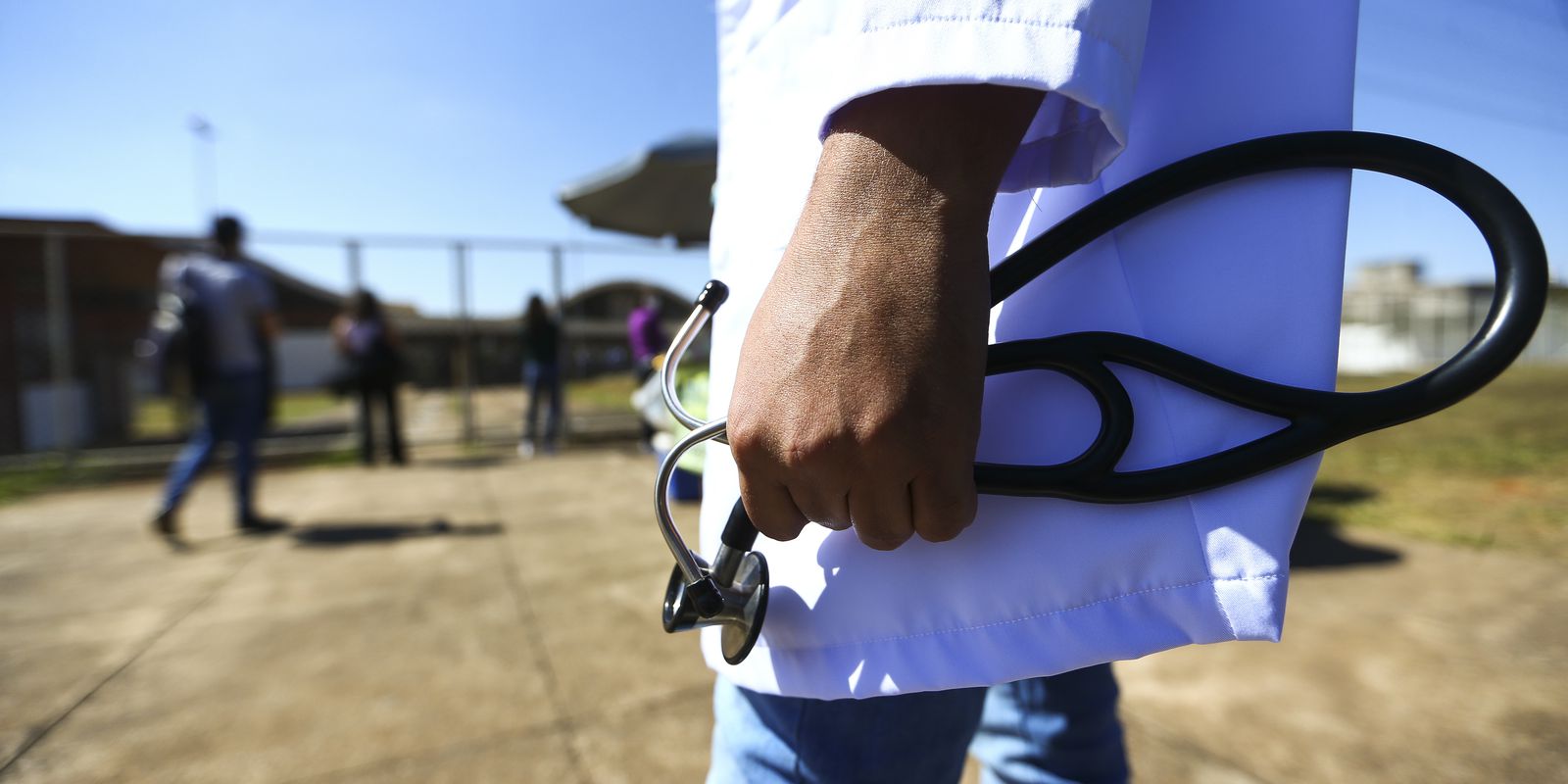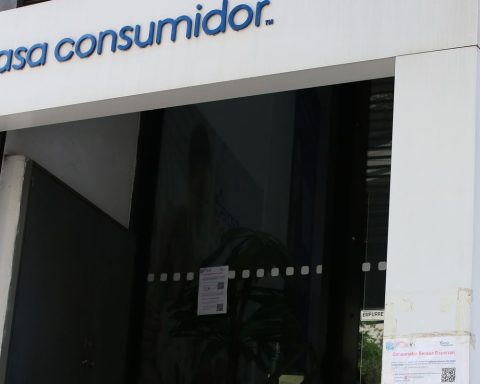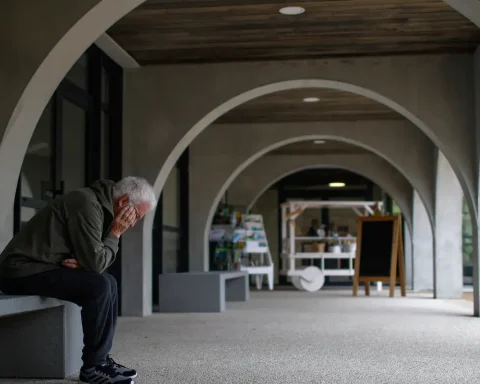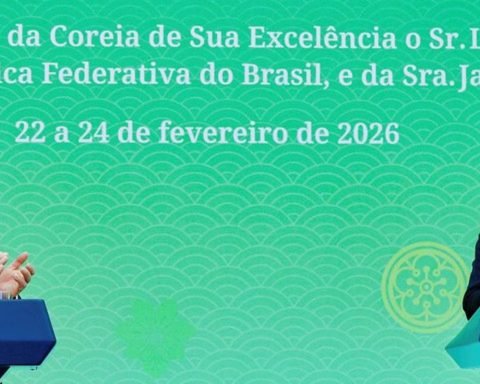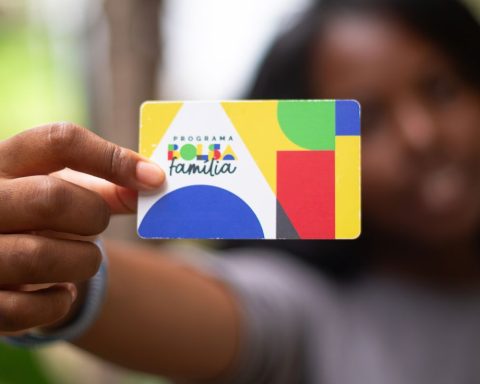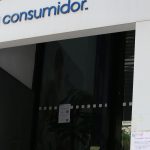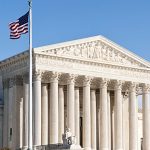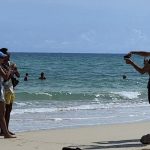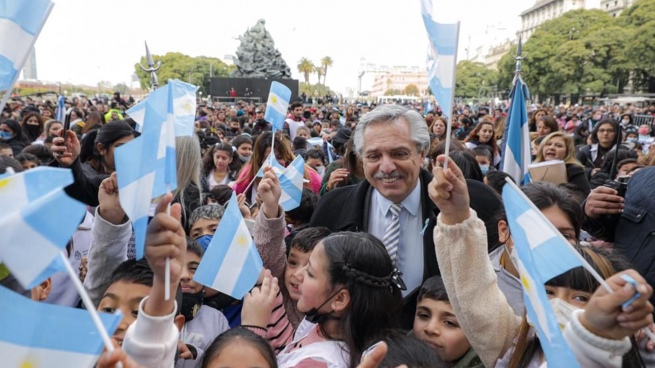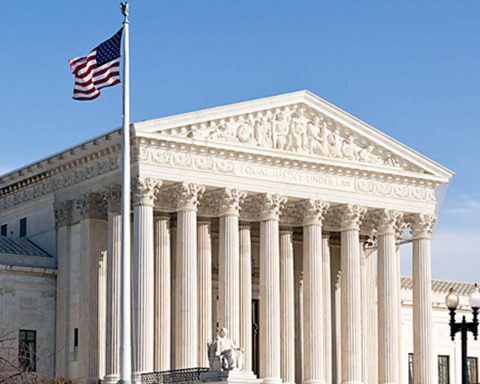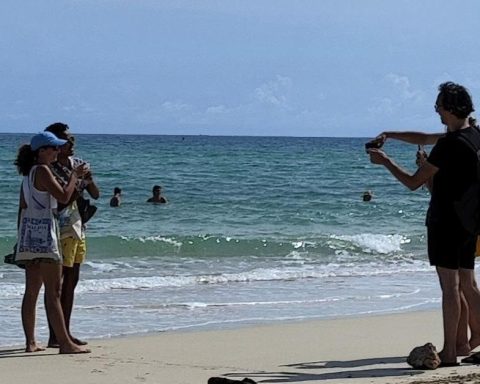This Tuesday (21) the deadline for registration in the first stage of the second edition of the National Exam for Revalidation of Medical Diplomas Issued by a Foreign Higher Education Institution this year begins – Revalida 2022/2. The exam is aimed at professionals graduated from foreign institutions who want to have their diploma recognized in Brazil.
Registration ends on the 27th of this month, and the exam is scheduled to be administered on August 7th in eight capital cities: Brasília, Campo Grande, Curitiba, Porto Alegre, Recife, Rio Branco, Salvador and São Paulo.
Click here to access the Participant Page.
To participate in the first stage, the candidate must be a Brazilian or a foreigner with legal status in Brazil. The registration fee is R$ 410, and payment must be made through the union payment slip (GRU Collection) by June 30 at any bank branch or lottery house.
“The person interested in taking the exam must have a diploma recognized by the Ministry of Education or equivalent body in the country of origin of the document, authenticated by the Brazilian consular authority or by the process of the Convention on the Elimination of the Requirement for Legalization of Foreign Public Documents, promulgated by the Decree No. 8,660, of January 29, 2016. Any other document does not replace the requested diploma”, informs the National Institute of Educational Studies and Research Anísio Teixeira (Inep).
Also according to Inep, at the time of registration, the participant must indicate the city where he wants to take the test, as well as attach the graduation diploma in medicine issued by a foreign higher education institution.
It is also necessary to inform the CPF number and date of birth. “The personal data provided must be the same as those registered with the Federal Revenue Service of Brazil, and registration with a CPF in an irregular situation with the Internal Revenue Service is not accepted”, warns Inep.
Exam
Applied by Inep since 2011, Revalida aims to assess skills, competences and knowledge necessary for professional practice in line with the principles and needs of the Unified Health System (SUS). The exam is aimed at those who obtained a degree in medicine issued abroad.
The act of apostille of the revalidation of the diploma is attribution of the public universities that adhere to the unified instrument of evaluation represented by Revalida.
The exam consists of two stages (theoretical and practical) that address, in an interdisciplinary way, the five major areas of medicine: internal medicine, surgery, gynecology and obstetrics, pediatrics and family and community medicine (collective health). To participate in the second stage, it is necessary to have passed the first, which includes objective and discursive tests.
The exam references are care in the context of primary, outpatient, hospital, urgency, emergency and community care, based on the National Curriculum Guidelines for the Medicine Course, associated regulations and professional legislation.
special service
The participant who needs specialized care must, during the registration period, inform the condition, such as: low vision, blindness, monocular vision, physical disability, hearing impairment, deafness, intellectual disability (mental), deafblindness, dyslexia, attention deficit, autism, dyscalculia, pregnant, breastfeeding, elderly and/or a person with another specific condition.
It is also necessary to attach, in the Revalida System, a legible document that proves the condition that motivates the request for special assistance. To be considered valid, the document must inform the participant’s full name; the diagnosis with the description of the condition that motivated the request and the code corresponding to the International Classification of Disease (ICD 10); signature and identification of the competent professional, with the respective registration of the Regional Council of Medicine (CRM), the Ministry of Health (RMS) or a competent body.
In addition, the participant who requests assistance due to blindness, deafblindness, low vision, monocular vision and/or other specific condition and has their request confirmed by the institute may be accompanied by a guide dog and use their own material: typewriter in Braille , blade overlayrsinglet, puncture, soroban or cubarithm, thick tip pen, typoscope, signer, special glasses, magnifying glass, teleloupe, lamp, support boards, multiplane and inclined plane. The resources will be inspected by the applicator, except the guide dog.
The participant who obtains assistance for hearing impairment, deafness or deafblindness may indicate, in the registration, the use of a hearing aid or cochlear implant. In these cases, the devices will not be inspected by the applicator.
In the case of those who request assistance for autism and have the request confirmed by Inep, the use of a transparent pen with colored ink will be allowed to make the appointments, exclusively, in their question book. The answer card must be filled in with a transparent black ink pen.
social name
The request for treatment by social name must also be made at the time of registration in the Revalida System by the participant who identifies himself and wants to be socially recognized by his gender identity (transsexual or transvestite participant).
For the request, the following documents are required to prove the condition: current, clear, individual, colored photo, with a white background that frames from the head to the shoulders, full face, without the use of sunglasses and headgear items (cap , hat, visor, cap or similar); scanned copy, front and back, of one of the official identification documents with photo, valid, as provided for in the notice.
